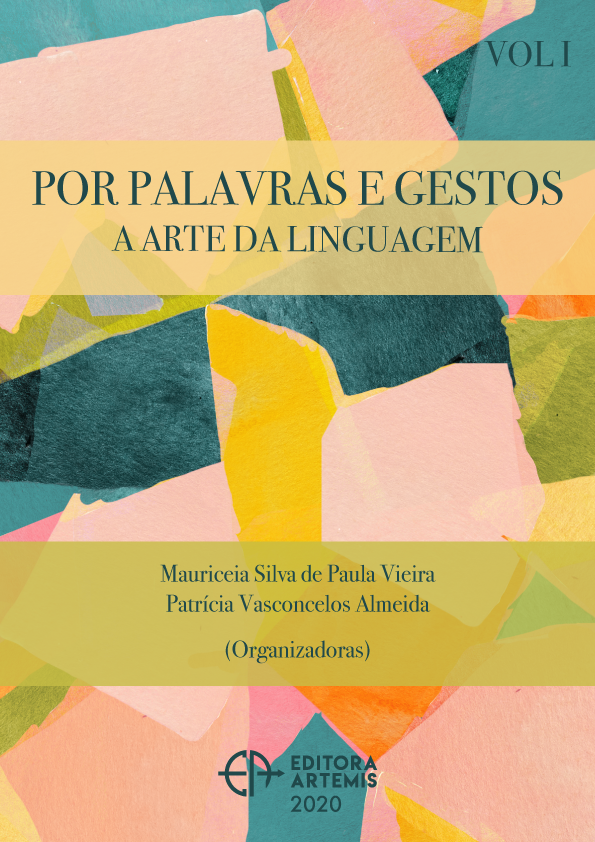
GOTA D’ÁGUA: TESSITURAS DIALÓGICAS COM O MITO DE EURÍPEDES
Quando Schnaiderman (1983), em consonância com Bakhtin, nos chama atenção à natureza dialógica do homem, do texto, do discurso como algo não acabado que solicita outras vozes para fomentar os sentidos do texto , por meio de uma consciência que interroga, provoca, concorda; ele está nos alertando para o ciclo inquebrável das correlações dialógicas dos discursos, que se manifestam pela polifonia e pela intertextualidade (vozes e textos de outros que se deixam ver de modo consciente em um segundo discurso ou texto). Essa descrição da ação dialógica aponta para a peça de Eurípedes, que desde o século V a. C, tem estabelecido uma verdadeira corrente de intertextualidade. Este artigo propõe discutir o drama social moderno a partir de uma leitura crítica do texto Gota d’água, de Chico Buarque e Paulo Pontes. Procura-se analisar a relação dialógica estabelecida entre a Medeia grega e a brasileira. A partir dessa chave interpretativa, observa-se a construção das exortações ao trágico, como a configuração do erro trágico, da ornamentação, do coro e da catarse em Gota d’água. A análise respalda-se nos pressupostos teóricos de Peter Szondi (2001) e Aristóteles (1992), propondo uma incursão dialógica entre a tradição e o drama moderno.
GOTA D’ÁGUA: TESSITURAS DIALÓGICAS COM O MITO DE EURÍPEDES
-
DOI: 10.37572/EdArt_1013107206
-
Palavras-chave: Drama moderno. Tragédia. Dialógico. Medeia. Gota D’água.
-
Keywords: Modern drama. Tragedy. Dialogic. Medea. Gota D'água
-
Abstract:
When Schnaiderman (1983), in line with Bakhtin, draws our attention to the dialogical nature of man, of text, of discourse as something unfinished that asks for other voices to foster the meanings of the text, through a consciousness that interrogates, provokes, agrees; he is alerting us to the unbreakable cycle of the dialogical correlations of the speeches, which are manifested by polyphony and intertextuality (voices and texts of others that allow themselves to be seen consciously in a second speech or text). This description of the dialogical action points to the play by Euripides,that since century V a. C, has established a true chain of intertextuality. This article proposes to discuss modern social drama based on a critical reading of the text Gota d’água, by Chico Buarque and Paulo Pontes.It seeks to analyze the dialogical relationship established between Greek Medeia and Brazilian Medeia. From this interpretive key, the construction of exhortations to the tragic is observed, such as the configuration of the tragic error, ornamentation, choir and catharsis in Gota d’água. The analysis is supported by the theoretical assumptions of Peter Szondi (2001) and Aristotle (1992), proposing a dialogical incursion between tradition and modern drama.
-
Número de páginas: 12
- Amanda Ramalho de Freitas Brito

